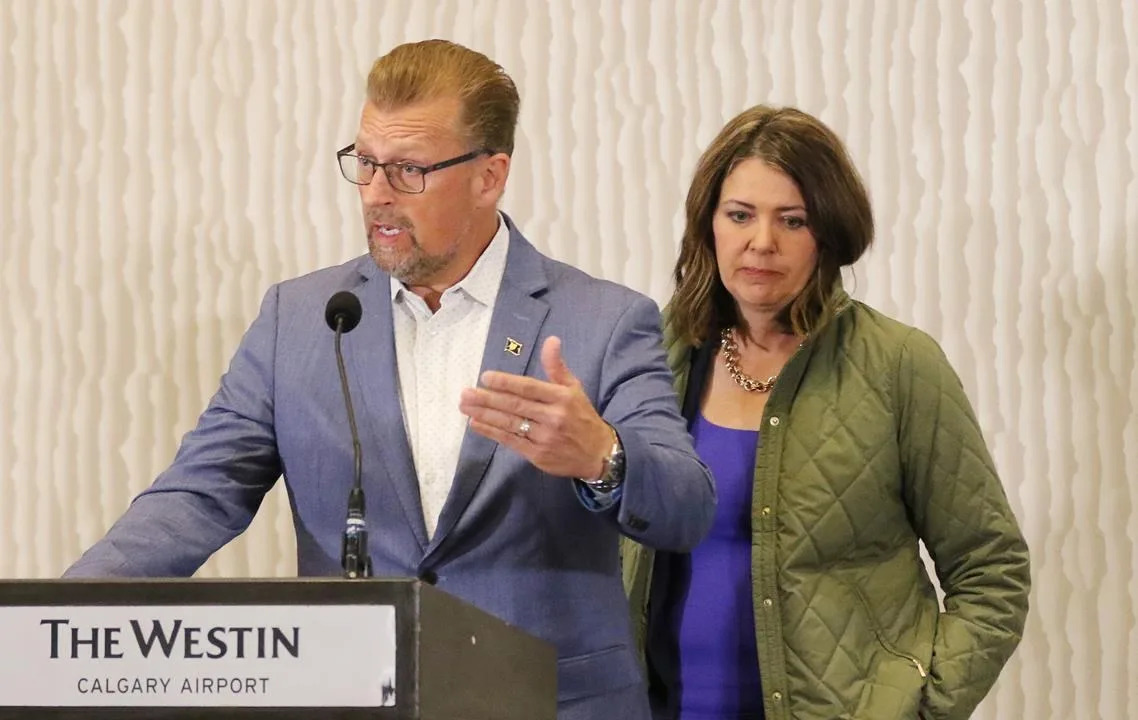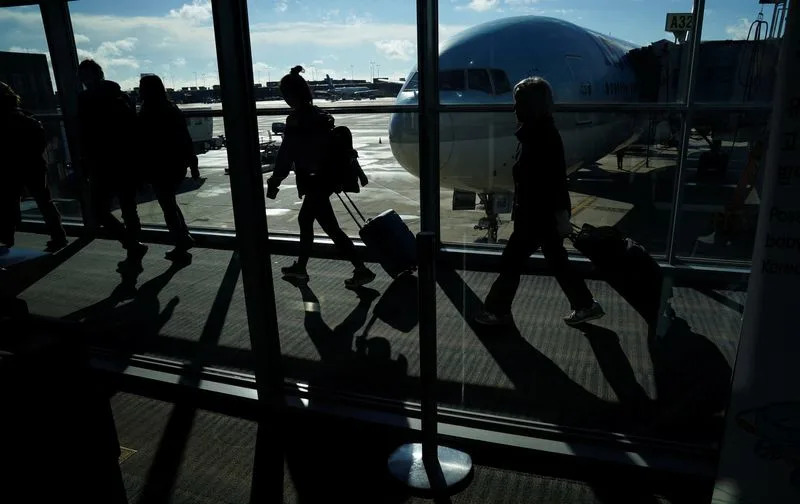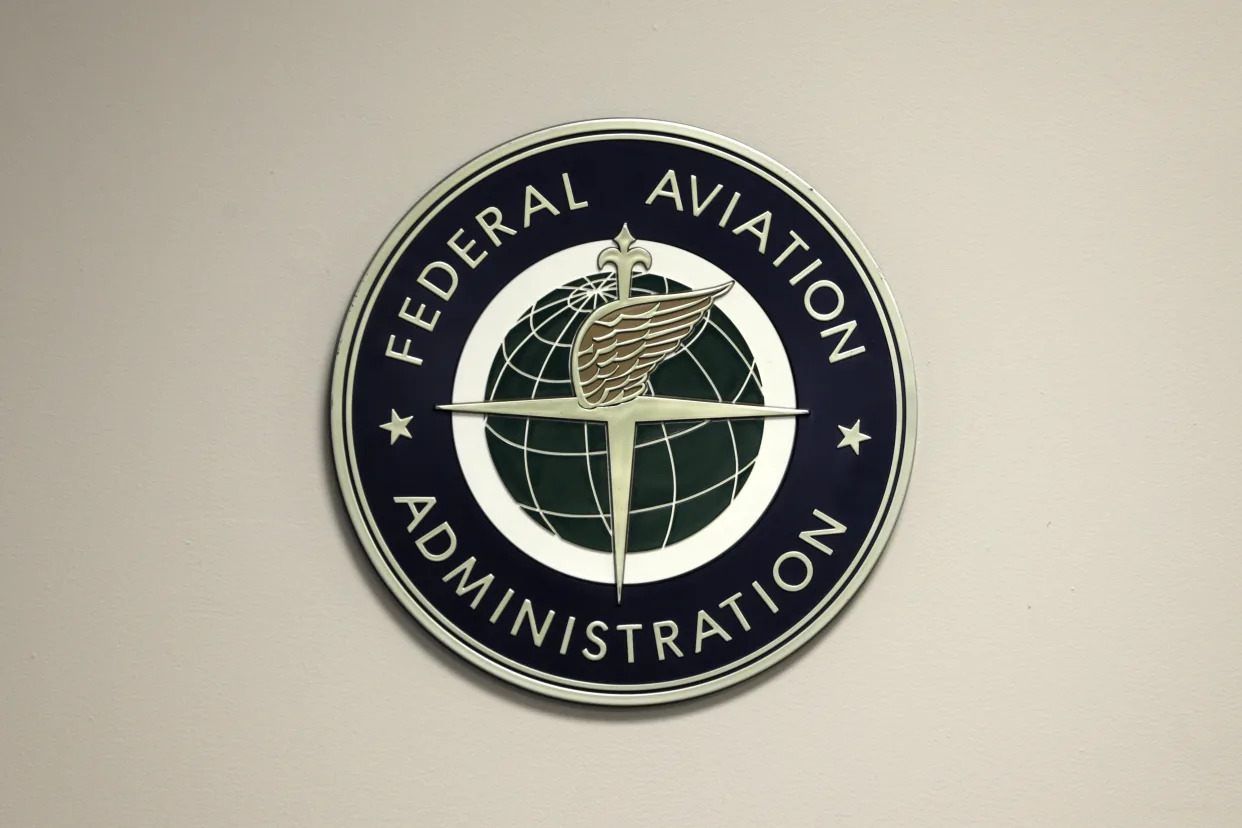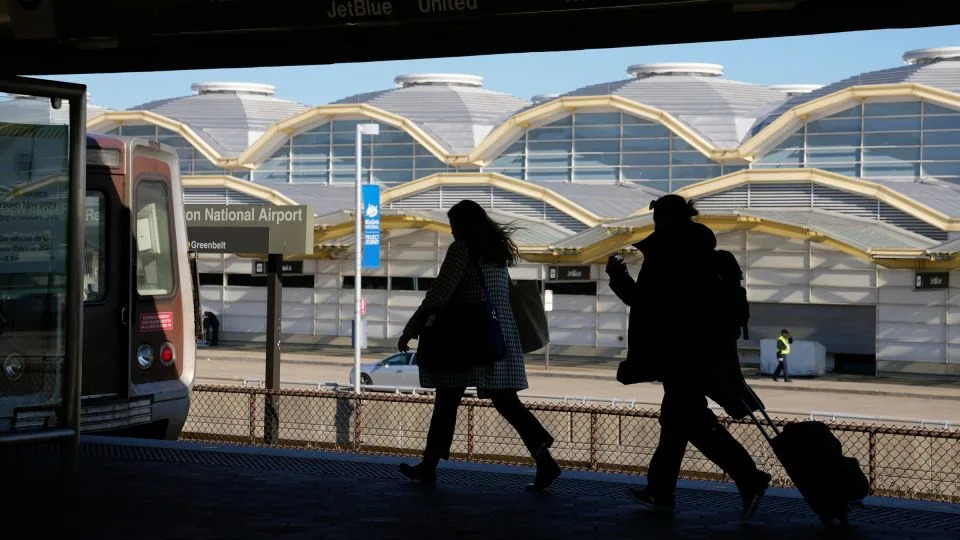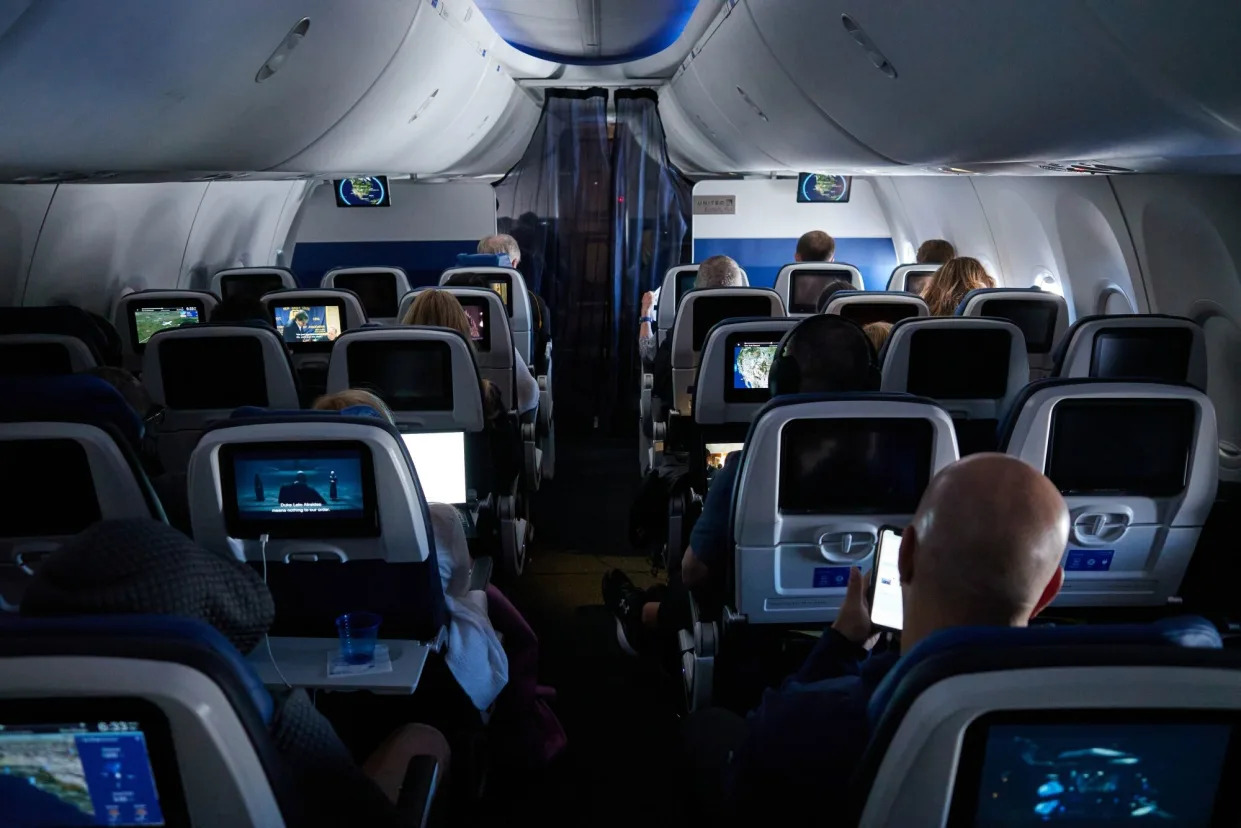The Canadian Press
Thu, May 16, 2024
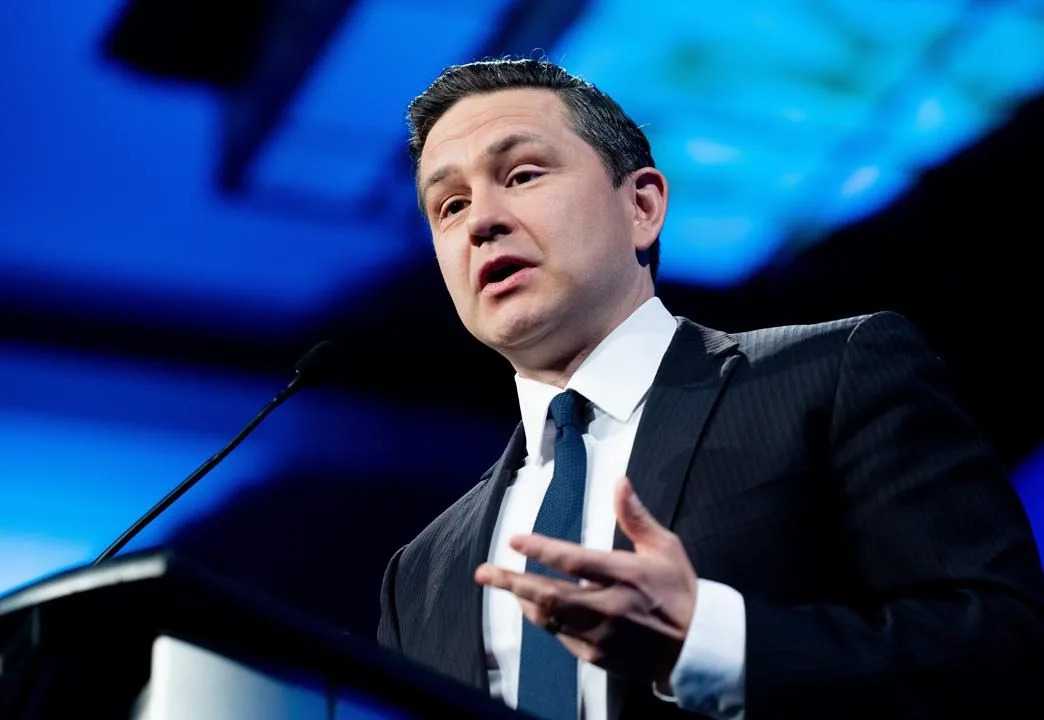
 |
| MAY 12,2024 --- ALL MPS ARE CONSERVATIVES |
Prime Minister Justin Trudeau says Opposition Leader Pierre Poilievre's pledges to axe carbon pricing come at a time of wildfires and other disasters and Poilievre would rather "watch the country burn" than continue the fight against climate change.
Trudeau says when Poilievre talks about scrapping the price on carbon, it would also mean the end of the rebate cheques that most families receive.
He says the parliamentary budget officer had confirmed that 80 per cent of families get more back through the Canada carbon rebate program than the extra they pay for gas and home heating because of the price on carbon.
His remarks come after Poilievre called for a "vacation" from carbon pricing from the upcoming Victoria Day long weekend to Labour Day.
Poilievre told a news conference at a gas station in Vancouver that his vacation proposal would lower gas prices by 35.6 cents per litre on average.
But Trudeau says his Liberal government designed the carbon pricing program to make sure pollution isn't free, while giving more money back to Canadians.
"Eight out of 10 families in regions where the federal carbon backstop applies do better with the cheques that come in through the Canada carbon rebate four times a year than it costs them extra on a tank of gas, or to heat their homes," he says.
Trudeau says Poilievre would scrap the price on pollution and take those cheques away at a time when Canadians are struggling with the cost of living, and as wildfires, flooding and other extremes are affecting people across the country.
"His ideology is so strong, he would rather watch the country burn and Canadians suffer than continue to fight against climate change and put the Canada carbon rebate in their pockets," the prime minister says of the Opposition leader.
Poilievre has said that in government he aims to "axe the tax" and greenlight large resource projects to bring production home to what is "the most environmentally responsible country on Earth."
"We will liquefy gas and send it over to Asia to shut down coal-fired plants there," he said.
Poilievre was also asked Thursday about the use of the expression "climate criminal" to describe people who work in extractive industries or drive large trucks.
He responded by saying people who use such "incendiary language" are trying to intimidate taxpayers. "We see this kind of really radical, extreme and wacko language from the Trudeau Liberals, where they attack people for driving automobiles, they say they want to ban roads," Poilievre said.
"Meanwhile, Trudeau and the NDP have no problem importing more products made by coal-burning dictatorships like China, which is responsible for the largest emissions of any country on planet Earth."
Poilievre said the Liberal government, with the support of the New Democrats, has been "piling on punishing carbon taxes," while "the vast majority of Canadians are struggling just to eat, heat and house themselves."
"Canadians are struggling, and they are unable to even afford a vacation. They need a break."
This report by The Canadian Press was first published May 16, 2024.
TOP PHOTO: NORTHERN ALBERTA MAY 14, 2024
GRAPHICS THE WEATHERCHANNEL


